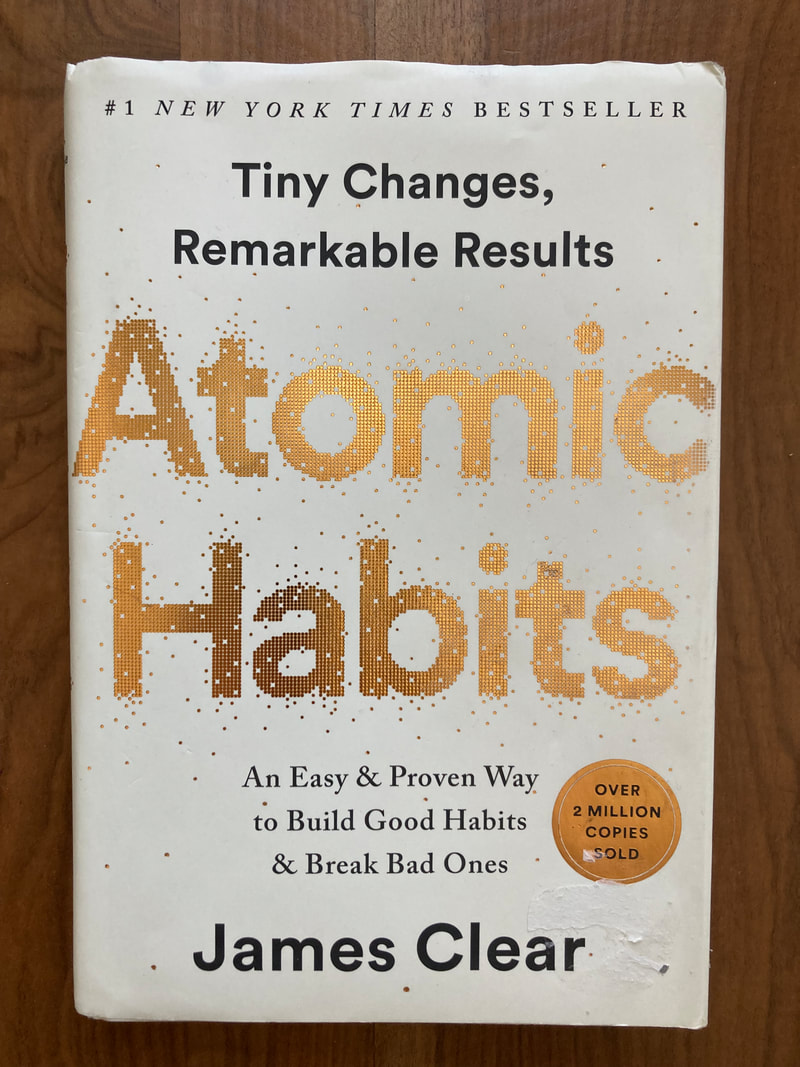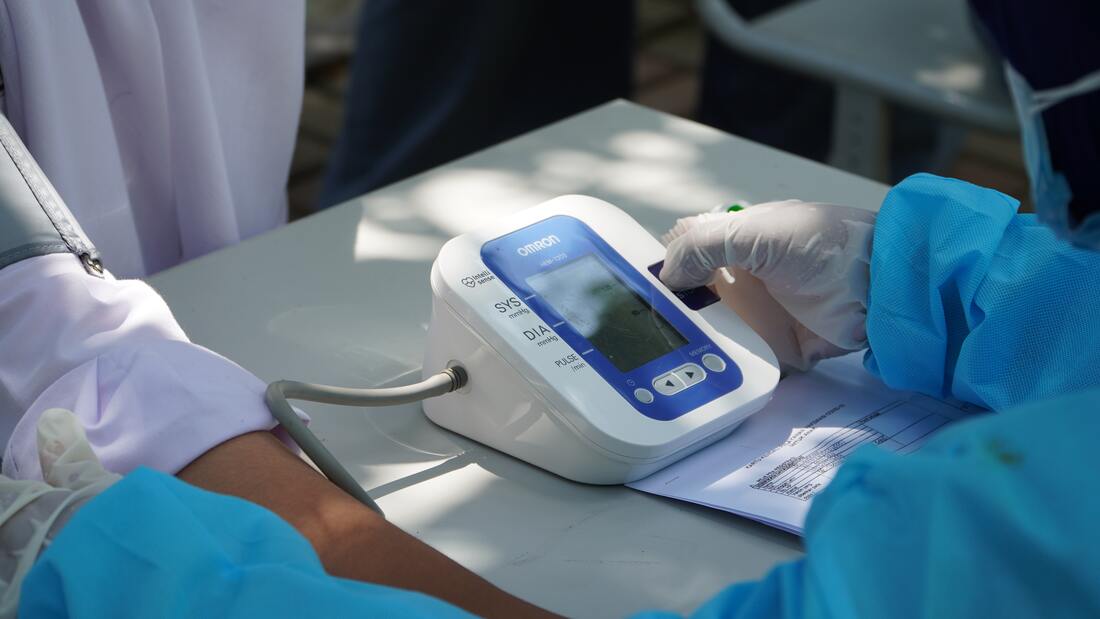Mitochondria are tiny organelles found within cells that play a critical role in human health. They are often referred to as the "powerhouses" of the cell because they generate most of the cell's energy. This energy is essential for many cellular processes: the regulation of the immune system, the regulation of inflammation, and the maintenance of healthy tissues and organs. Additionally, mitochondria play a role in programmed cell death (apoptosis), which is necessary for removing damaged or abnormal cells. Overall, maintaining the health and function of mitochondria is important for maintaining overall health and preventing disease. Dysfunction in mitochondrial health has been linked to several diseases including neurological disorders, cardiovascular disease, and metabolic disorders. Mitochondria also play a crucial role in the functioning of our immune system.
The mechanisms by which mitochondrial health may contribute to long COVID are still being explored.
SARS-CoV-2 the virus that causes COVID-19 effects mitochondrial functions. These manipulations of our mitochondria can release mitochondrial DNA into the cytoplasm of a cell which activates something called the inflammasome and suppresses both our innate and adaptive immunity.1 In a nutshell, it appears that SARS-CoV-2 uses our own mitochondrial for it’s benefit leaving behind inflammation and a suppressed immune response.
Reactivated viruses including Epstein-Barr Virus (EBV) and Human Herpes Virus 6 (HHV-6) have been found in patients with long COVID. EBV and HHV-6 can lead to mitochondrial fragmentation which impacts our ability to produce energy.2 This might explain the potential symptom of exercise intolerance in long COVID patient.
Mitochondrial health is just one of many factors likely contributing to long COVID symptoms.
We can support mitochondrial health in a variety of ways:
- Eating a healthy diet: a diet rich in nutrients including antioxidants, B vitamins, and Coenzyme Q10, can support mitochondrial health.
- Regular exercise: physical activity has been shown to increase the number of mitochondria in cells and improve their function.
- Getting enough sleep: Sleep is important for overall health and has been shown to have a positive impact on mitochondrial function.
- Avoiding toxins: Exposure to toxins, including alcohol, drugs, and environmental pollutants, can damage mitochondria and reduce their function.
- Taking supplements: Some supplements including antioxidants (e.g., Vitamin C, E, and alpha-lipoic acid) and Coenzyme Q10, may support mitochondrial health. However, it is important to talk to a healthcare provider before taking any supplements.
- Managing stress: Chronic stress can contribute to mitochondrial dysfunction. Managing stress through practices such as meditation, yoga, or exercise can help support mitochondrial health.
Exercise is important not just because it increases the number of mitochondria but also because of myokine production. Myokines are signaling molecules that are produced by muscle cells and play a role in regulating various biological processes in the body. They are released during physical activity and can act locally on muscle cells or travel to other tissues in the body to influence metabolic, immune, and endocrine function. The mitochondria signal to each other using myokines.3 When patients are too fatigued for cardiovascular exercise I often recommend very gentle strength training to encourage muscle growth and increase the number of myokines being produced.
References:
- Singh , K.K., Chaubey , G., Chen , J.Y., and Suravajhala , P. (2020). Decoding SARS-CoV-2 hijacking of host mitochondria in COVID-19 pathogenesis. Am J Physiol Cell Physiol 319, C258–C267.
- Davis HE, McCorkell L, Vogel JM, Topol EJ. Long COVID: major findings, mechanisms and recommendations. Nat Rev Microbiol. 2023 Mar;21(3):133-146. doi: 10.1038/s41579-022-00846-2. Epub 2023 Jan 13. PMID: 36639608; PMCID: PMC9839201.
- Nunn AVW, Guy GW, Botchway SW, Bell JD. SARS-CoV-2 and EBV; the cost of a second mitochondrial "whammy"? Immun Ageing. 2021 Oct 30;18(1):40. doi: 10.1186/s12979-021-00252-x. PMID: 34717676; PMCID: PMC8556816.












 RSS Feed
RSS Feed